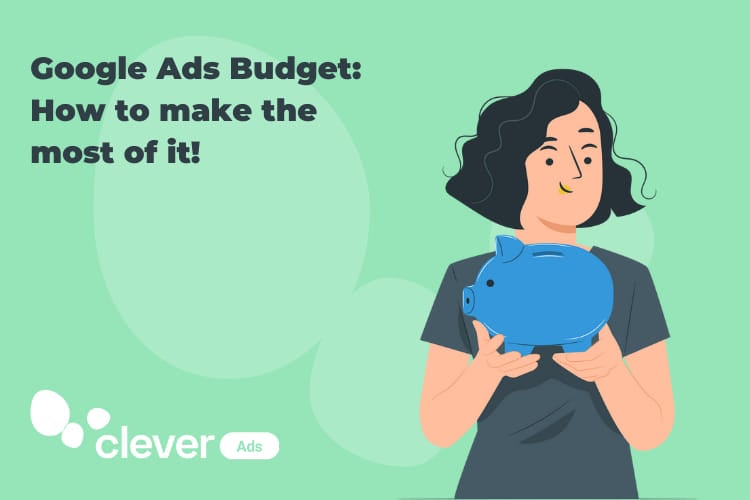Google Ads Budget: How to make the most of it!
Throughout my whole experience working with Google Ads, one of the most common questions I hear people asking regarding Google Ads Best practices is “How much should I spend on Google Ads?” And I can totally understand the reason why. When you start with Google Ads, it’s logical to be worried about what exactly you spend your money on. Control your Google Ads Budget!
So the answer to the question mentioned above is “It depends.” Not everyone has to spend the same amount of money on Google Ads. It depends on various factors such as: How much are your competitors spending? How expensive are the keywords you want to bid on?
Here in this post I will be sharing some useful information regarding the points which you should focus on once you decide the budget for each of your campaigns, or when you want to assess whether you’re satisfied or not with what you’re investing in for your PPC ads.
Always focus on ROI instead of cost
One of the most common “mistakes” I notice people that use Google Ads make is the fact that they tend to assess their cost and not their return on investment. Focusing only on your cost can be very misleading when making decisions.
Imagine the following example: A client spends $1,000 daily on Google Ads. If we only examine the amount of $1,000 we might come to the conclusion that the client is spending a lot of money on Google Ads and we might even want to lower the cost. However, Google Ads bring conversions to this client that reach $3,000 conversion value. So now, we have a clearer picture of the situation. In a case like this we wouldn’t want to lower the cost, nevertheless, we might even be finding ways to increase it in order to increase the profit as well.
Granulated campaigns for better control of cost
You should have more granulated campaigns and ad groups in order to be able to better control your budget. Not every click is worth the same to your business. Imagine, for example, that you target ads in the United States and in Germany – however, you know that users coming from the United States are more likely to convert due to x reasons. Also, imagine that you’re bidding the same for a broad keyword and for an exact one. This can lead to paying the same amount for a keyword that can hardly bring you conversions. For that reason, you should create different campaigns according to what is important to your business. This will help you be in control so that you spend a bigger part of your budget on what is more likely to bring you profit.
How expensive are your keywords?
Another important factor that will determine your spend on Google Ads is your industry, or in other words, your keywords. Not all keywords cost the same. It depends on how competitive the industry is. If your industry’s keywords are very expensive, there are a few tips you should follow in order to maintain your cost at more normal levels:
☞ Use negative keywords in order to avoid spending money on irrelevant keywords that might trigger your ads.
☞ Be as relevant as possible. This will help you improve your ads’ Quality Score and eventually pay less.
☞ Make sure you optimize your landing pages. In order to do so, you have to be testing your ads with different landing pages and see which one brings you the highest conversion rates.
Wrapping things up
Once you start with your Google Ads campaigns, make sure you start small but enough. I would recommend a daily budget from $10 up to $50. During the first weeks, your ads will be gathering data so make sure you be patient and don’t make too big changes during this period. However, always make sure you monitor closely where your budget is spent, on which keywords, which ads and which audience. After the first weeks of testing you will be able to start making changes according to the data you gather along the way. Always keep in mind that your Google Ads will be needing constant monitoring in order to always optimize your ads and eventually be able to fully take advantage of your budget.




